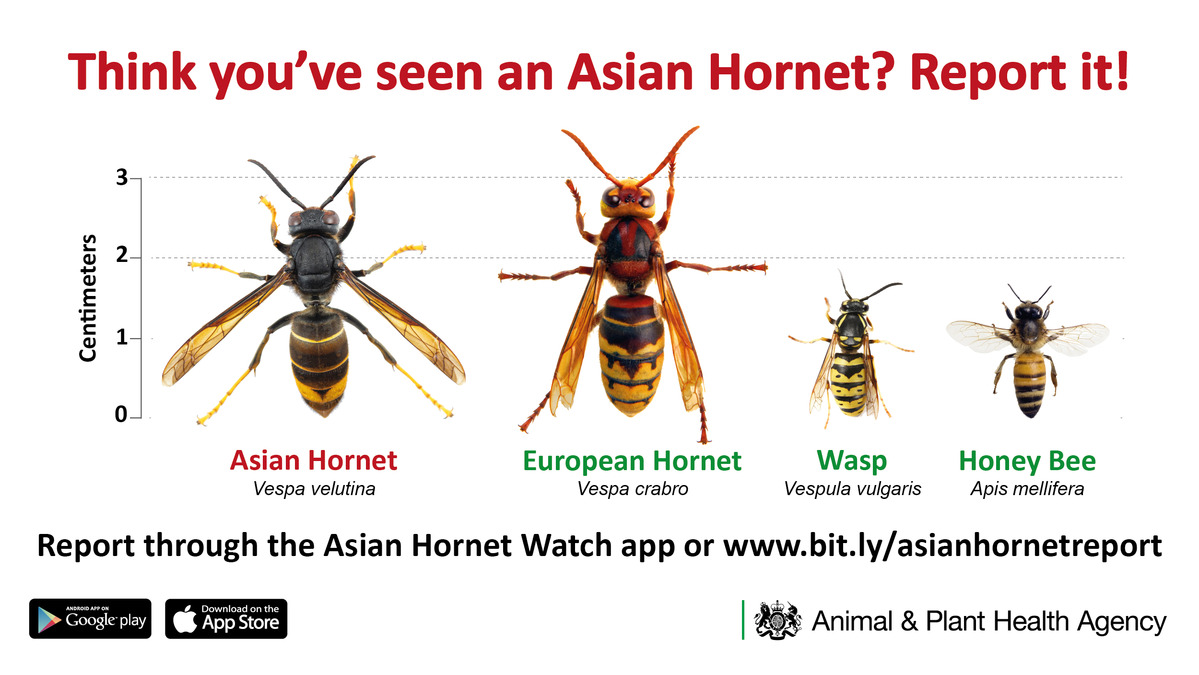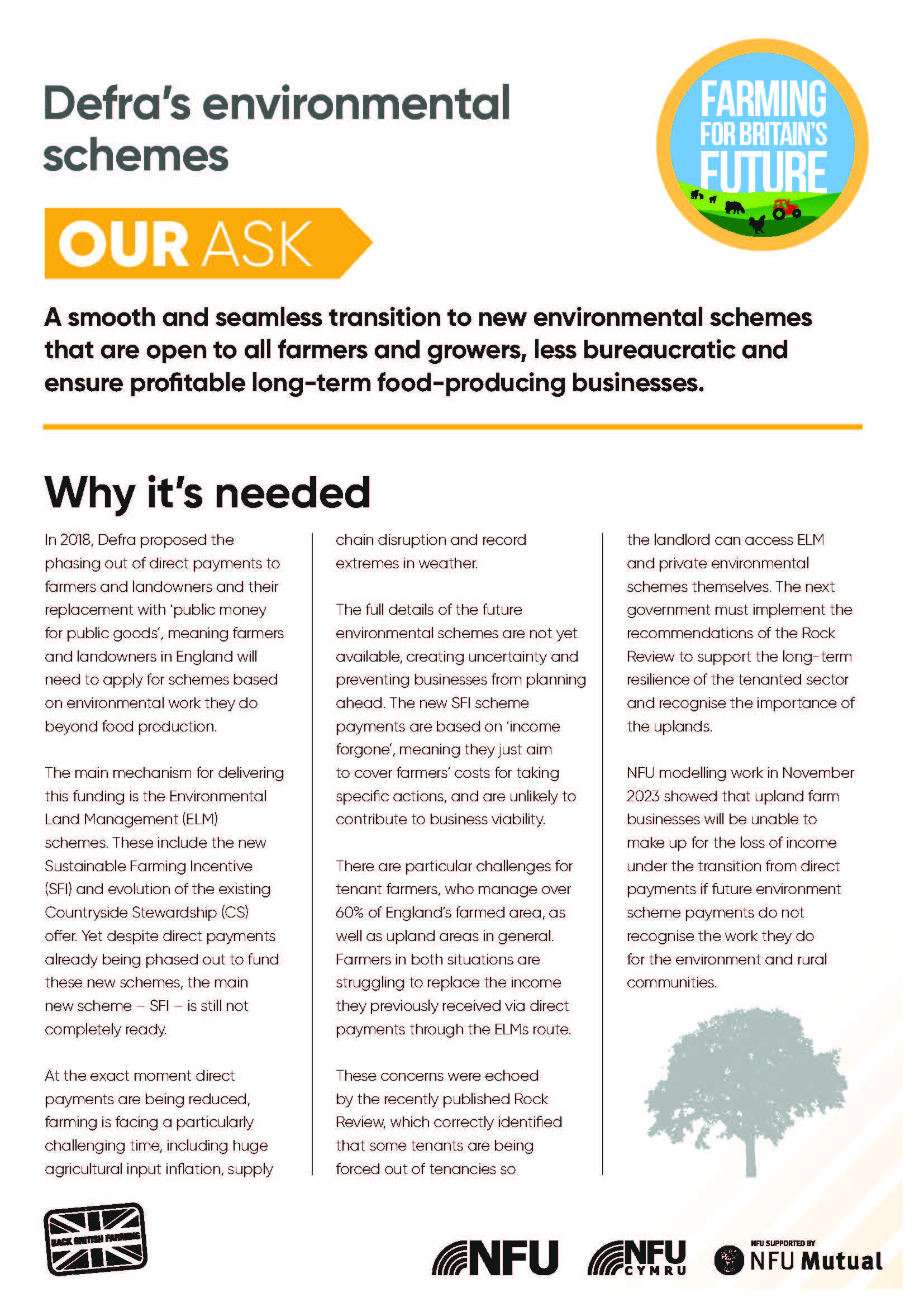Farmers are being asked to keep an eye out for the Asian hornet, an invasive pest that was first seen in the UK in 2016. Numbers of the insect increased dramatically in 2023 and there are fears that it could have a catastrophic impact on British honeybees and other pollinators.
Honeybee killer
The Asian hornet is a large wasp native to the Far East – China, India and Korea. Although slightly smaller than our native European hornet, this invasive pest is a voracious specialised predator of honeybees, capable of wiping out beehives.
A single Asian hornet can kill 30-60 honeybees per day. It can also predate a range of native insects like bumblebees, flies and spiders.
By doing so, it can alter the biodiversity in regions where it is present, and it can be a health risk for people allergic to wasp stings.
When and where have Asian hornets been found?
The Asian hornet arrived in Europe in France in 2004, after possibly hitch-hiking in a cargo of pottery from China. It then spread rapidly across Europe and is now considered to be an established pest in Spain, Belgium, Netherlands, Portugal, Italy, Switzerland, Germany and Jersey.
It was first discovered in the UK in 2016, in Tetbury, Gloucestershire. Since then, the Asian hornet has been found across the south of England.
Up until 2022, it had been spotted 27 times, and a total of 13 nests had been located and destroyed by specialist teams from Defra’s National Bee Unit, focused on eradicating this invader.
In 2023, there was a significant increase with 74 nests found and destroyed in over 50 locations across the southeast, but the majority in Kent.
In 2024, a single hornet was found in Kent on 11 March – the earliest sighting to date in the UK. This, combined with the large number of nests in 2023, is making some concerned that these invasive pests have become established in the UK.
Identification
- The Asian hornet is a bit smaller than our native hornet, but bigger than a wasp.
- Worker hornets are up to 2.5cm long and queens are up to 3cm long.
- It is much darker than the European hornet and has a distinctive yellow band on an otherwise black abdomen.
See the chart below to tell the difference between the Asian hornet, the European hornet and other native insects.

Nests of the Asian hornet can vary from tennis ball-sized early in the season, to the size of a football and larger in the summer and autumn.
Nests are often well camouflaged and hard to see, but early season nests can be found in brambles, hedges, and building and roof spaces.
Later season nests can also be found in these locations, but usually they are high up in trees.
The Asian hornet is active mainly between April and November, with a peak in August and September.
See our manifesto asks
Our manifesto
Our general election manifesto – Farming for Britain's Future – outlines our key asks of the next government to ensure farmers and growers can continue to deliver for the environment, economy and local communities while producing more of the great British food we all enjoy.


